What Causes Your Circuit Breaker to Burst
Circuit Breakers are electrical components designed to protect us against the risks of electric shock and our homes against fire and other types of damage that can be caused by electrical faults. Each circuit breaker in your electrical switchboard usually protects one or more related circuits against overload, short circuit and earth leakage.
In order to understand what causes a circuit breaker to burst (or more commonly known as trip), we first need to understand what a circuit is and what the terms overload, short circuit and earth leakage mean.
What Are Circuits?
The electrical installations in our homes are divided into electrically separated segments known as circuits. Each circuit provides electricity to equipment in a very well defined and specific group. All the light fittings and light switches are found on one circuit known as the lighting circuit. Air-conditioners, heating and ventilation equipment are grouped on another circuit known as the HVAC circuit. And last but not least, socket outlets are grouped on a circuit known as the power circuit.
Each circuit is made up of cables, switches, connections and other electrical equipment designed to carry only the maximum electrical current specified by the manufacturer. When exposed to current exceeding this maximum, the electrical component may break down, melt or catch on fire. Circuit breakers were introduced to ensure this does not happen by disconnecting the electricity supply when the electrical current that flows exceeds the maximum capacity that the circuit components can handle.
Overloaded Circuits – The Main Reason a Circuit Breaker Trips
Have a look around your house at all the socket outlets. How many appliances are plugged into each socket outlet? Chances are you’ve got more than the circuit is designed for. Our increasing use of electrical and electronic devices puts more pressure on our electrical installations every day – sometimes to the point where the amount of electricity we use exceeds the amount that the circuit can safely give us without overheating or getting damaged. When this occurs, the circuit breaker in your switchboard will disconnect the circuit from the electrical supply.
Short Circuits – When Things Go Really Wrong
Whether you’re digging in the garden for the great new flower box, or drilling a hole in the wall to put up that lovely family picture, each time you make changes to the house you run the risk of damaging electrical cables concealed behind walls or in the soil. When you drill a hole through a cable or cut it with a spade, direct contact occurs between the individual wires in the cable. This is known as a short circuit. Electrical cables aren’t designed to withstand the current flowing in such a short circuit situation. In cases such as this, the short-circuit protection mechanism in the circuit breaker disconnects the electricity supply to ensure that the cable does not melt or catch fire.
Earth Leakage Currents
Sometimes known as ground fault current or residual current, this is electricity that flows from the electrical installation to the ground or other conductive materials of the house. Electrical systems are designed to pass current between the live conductors of the installation. When appliances like kettles, refrigerators and washing machines become faulty, they can allow current to flow through their metal parts into your body and down to the ground. This is a dangerous situation known as an earth leakage. Certain types of circuit breakers known as Residual Current Devices or Ground Fault Current Interrupters trip when they detect this current flowing to the ground to protect you from electric shock.
In summary, there are only 3 very simple reasons why circuit breakers trip:
1.) A circuit is overloaded, i.e. there are more devices connected to it than the circuit can actually accommodate.
2.) A short-circuit is present. Although less likely than an overload, a cable or other part of the fixed wiring may be damaged. You’ll need a qualified electrician to repair this fault and make your home safe again.
3.) An appliance is causing an earth leakage current to flow. Of all the scenarios, this is by far the most likely cause. Appliances become faulty all the time, and the result is a circuit breaker that keeps tripping.
What should you do if your circuit breaker keeps tripping?
Contact your local electrician to help you find out what the cause is. If you’re from Perth, Western Australia, contact a Perth electrician or one of the Perth electrical contractors.
BY by GAHZLY
#Circuit #Breaker #Burst




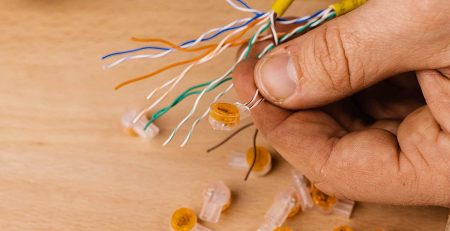



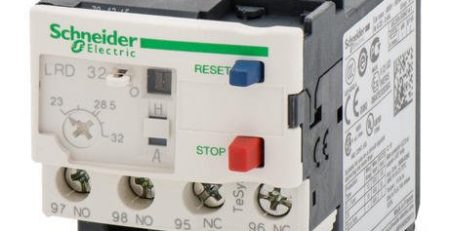
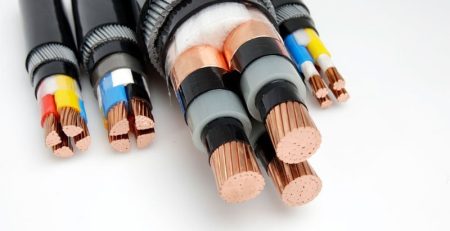
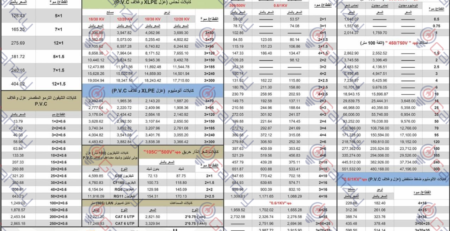
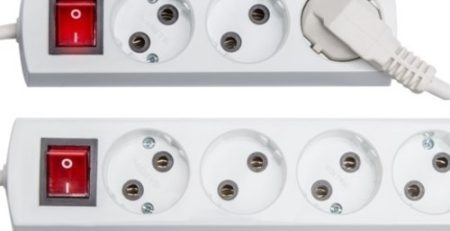


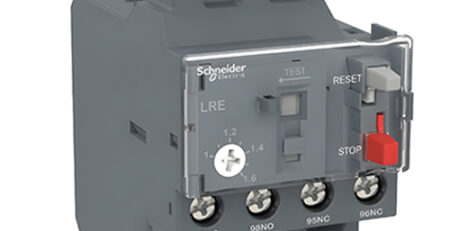











اترك تعليقاً
يجب أنت تكون مسجل الدخول لتضيف تعليقاً.